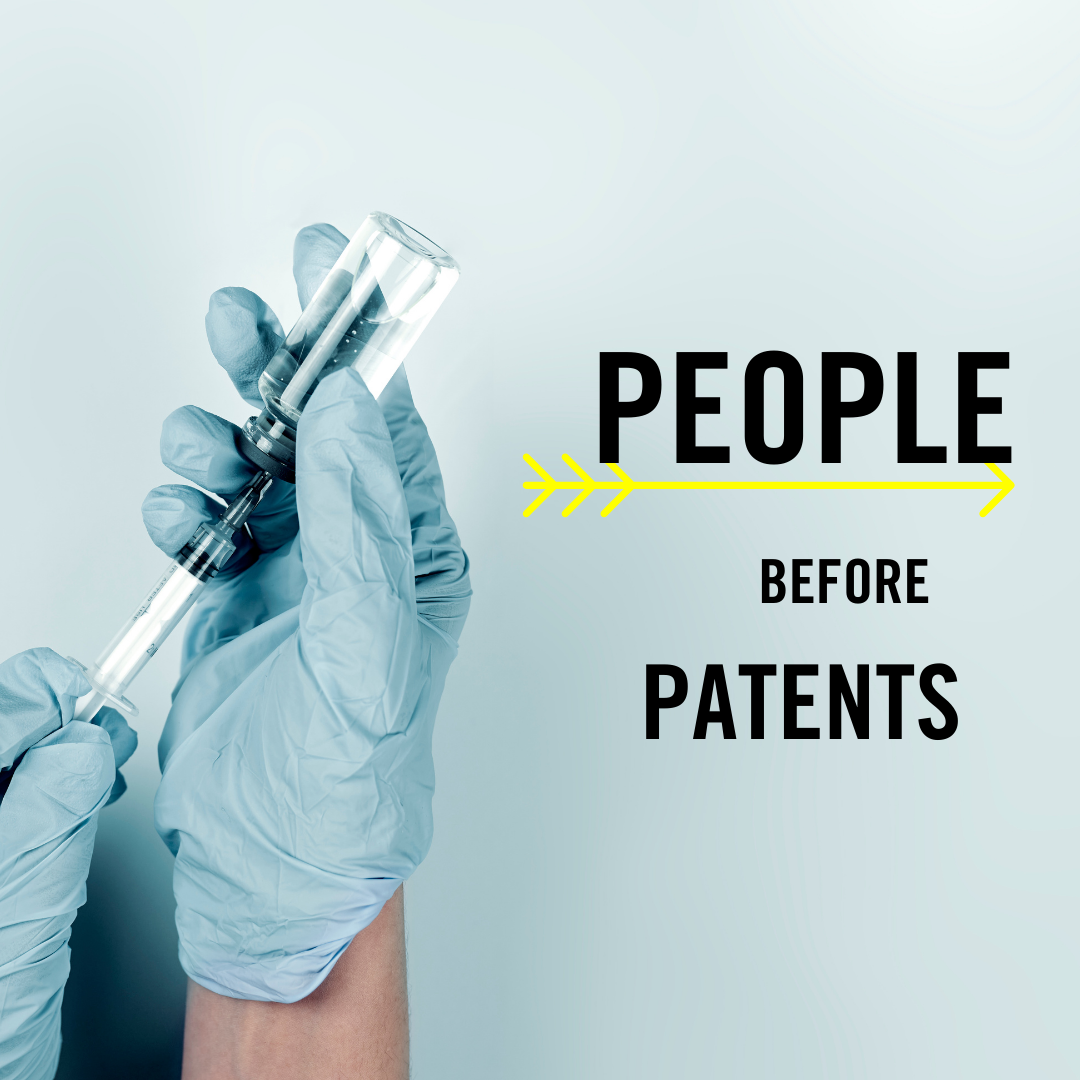Latest news on paid plasma donation
Disappointing but not surprising: New Report from Expert Panel on Immune Globulin Product Supply Misses the Mark on Paid Plasma
The Expert Panel on Immune Globulin Product Supply and Related Impacts in Canada released its report Protecting Access to Immune Globulins for Canadians on May 23, 2018, and as many public health advocates predicted, it failed to seriously consider the many concerns Canadians have with private, for-profit plasma collection. When two of the four members of the Expert Panel come from the country leading the charge on paid plasma (the US), one of whom has clear ties to the paid plasma industry, it is not surprising to see them repeat many of the flawed assumptions put forth by the commercial plasma industry.
The Canadian Health Coalition has provided responses to some of the report’s problematic claims and statements below:
“Importantly, the move to collect more source plasma by Canadian Blood Services (CBS) and Héma-Québec (H-Q) needs to be based on solid business principles and learnings and/or partnerships with the private sector who have significant expertise.”
The report takes paid plasma collection in Canada as a given, a fait accompli, despite the trend of provincial governments enacting legislation to prohibit it (BC just passed legislation last week). It also fails to make a convincing case for why partnership with the private sector is a necessary precondition to collecting more source plasma in Canada. The payment of donors goes against the advice of major international health care organizations like the World Health Organization, the International Red Cross and Red Crescent Society, the European Blood Alliance and many others, all of whom advocate for a 100% voluntary blood donation system. It also goes against the advice of Canada’s Krever Inquiry which looked into ways to ensure that Canada never experienced a catastrophe like the 1980’s tainted blood scandal. CBS, the national public agency charged with the safety and security of blood and blood products in Canada, has also come out against paid plasma and has called for a moratorium on government support for commercial plasma activity.
“There is no compelling data to suggest that expansion of source plasma collection – whether with paid or unpaid donors – has negatively impacted the whole blood supply”
The concern is not that plasma donations will negatively impact the whole blood supply. The concern is that paid plasma donations will negatively impact voluntary donation levels of both blood and plasma. CBS has already reported a drop in the most desirable age cohort for blood donors (17-24 years) at their Saskatoon clinic, which they attribute to the presence of a for-profit. Evidence from the US and Hungary suggests a similar trend. The threat of paid plasma is not primarily a question of safety, but of security of supply and voluntary donor retention.
There is one thing the report got right: Canada needs to increase its plasma self-sufficiency. The best way to increase our plasma self-sufficiency is to strengthen our public voluntary blood donation system. Canada has never had a robust voluntary plasma collection system nor a comprehensive public education campaign on the life-saving merits of plasma. It is thus impossible to conclude that such a system will be incapable of meeting our plasma needs. In Quebec, the public blood donation agency (Héma-Québec) successfully implemented a strategy to increase voluntary plasma donation, nearly doubling the amount of plasma sent to fractionation. It did so by establishing new donation centres and initiating a public education campaign on the importance of both blood and plasma donation. CBS has a proposal to expand the public voluntary donation system; this is by far the best way forward to ensure the security and public accountability of Canada’s plasma supply.
For more information on protecting and defending public voluntary blood and plasma donation in Canada, click here.







GET SOCIAL: